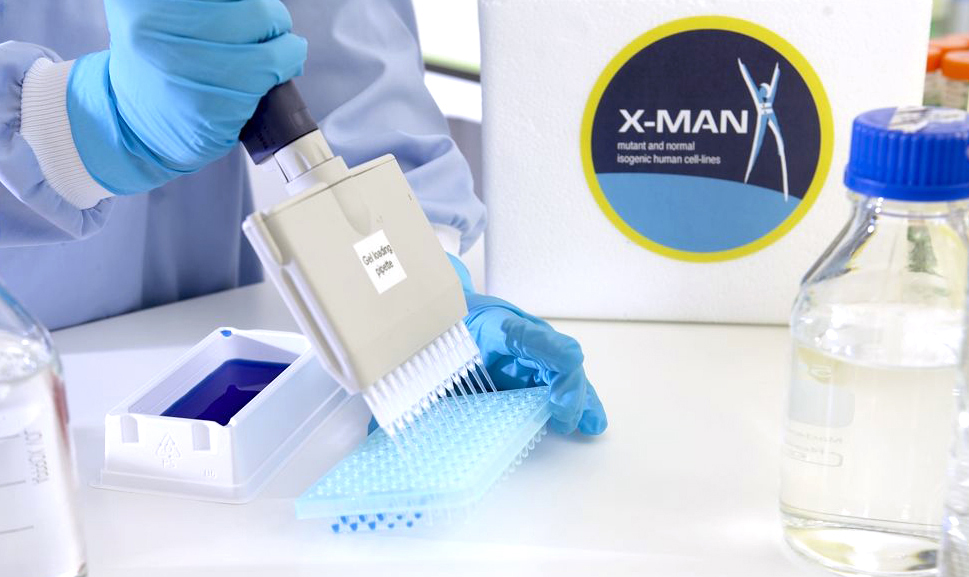Two Cambridge Enterprise portfolio companies were among the winners at the annual Business Weekly Awards, held last night at Queens’ College, Cambridge.
Eight19 was named CleanTech Company of the Year, while Horizon Discovery was named Business of the Year.
The Business of the Year was chosen from all the final shortlisted companies and recognised a company which made the largest strides in 2011.
Horizon Discovery is a world leader in the rapidly growing personalised medicine field. Founded in 2007 with funding from Cambridge Enterprise, the company’s GENESIS rAAv gene-editing technology allows the creation of genetically-defined and patient-relevant cell lines. These ‘patients in a test tube’ allow researchers to determine how certain drugs will affect certain genetic mutations. This will lead to shorter, more focused and less expensive clinical trials, ultimately meaning that the right drugs get to the right patients, depending upon the genetic makeup of their disease.
Eight19, spun-out from the Cavendish Laboratory in 2010, is bringing its pay-as-you-go solar service to rural off-grid communities in Africa.
The company, which builds on the research of Professor Sir Richard Friend’s group at the Cavendish, recently launched its IndiGo system in South Sudan. The IndiGo units, which consist of a battery, a solar panel, lights and a phone charging device, will bring clean, affordable and renewable power to off-grid communities in South Sudan, which is the fourth African country in which Eight19 has deployed IndiGo since its launch last September.
1.6 billion people, over one fifth of the world’s population, lack access to electricity via a grid and pay high prices for kerosene to serve basic needs such as lighting. By combining solar and mobile phone technology, Eight19 is bringing electricity directly to people’s homes thereby bypassing the need for a grid connection. By offering solar power as a service, without high purchase costs, these users can now access clean electricity for less than their current spend on kerosene.











